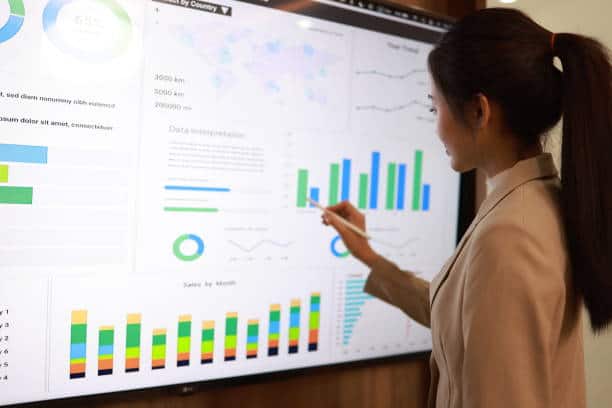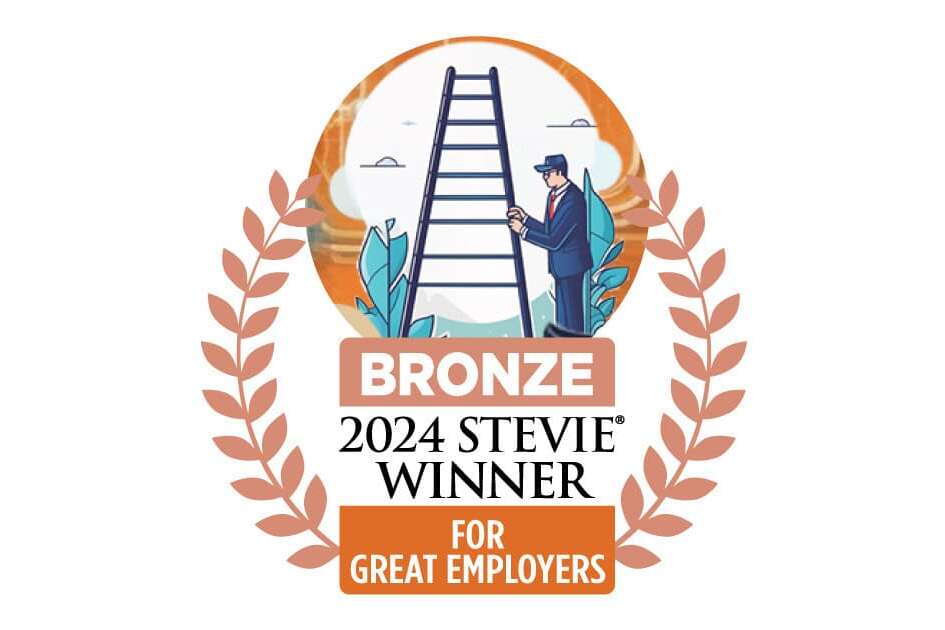Over the past few years, business-to-business (B2B) selling has been changing. In 2020, Gartner’s Future of Sales research famously predicted that by 2025, 80% of B2B sales interactions would occur in digital channels, with 33% of buyers preferring a seller-free sales experience. Sales pros, including channel partners, were nonplussed, to say the least.
Fast-forward to 2022, Gartner’s research shows even more B2B buyers (75%) prefer a rep-free sales experience, yet they’re more likely to regret self-service purchases. Gartner goes on to say that B2B buyers who receive validation that a purchase feels right are 30% more likely to complete a complex purchase that meets their expectations. The research firm says this so-called “value affirmation” is 2.3x more likely when buyers engage with a human during the purchase process.
As a result, Gartner says B2B sellers must seek a balance between digital and human-led sales. But not just any human will do. B2B buyers report that they value third-party interactions 1.4x more than supplier interactions.
“Buyers want to feel confident throughout their purchase journey, and third-party sources can help get them there,” said Rick Lafond, Director Analyst in the Gartner Marketing Process, when the research firm released the data.
Increasingly, that means brands must enlist influencer partners, who can guide decision-makers and validate their purchase decisions, to be part of their partner ecosystems.
What is the influencer channel?
In 2020, Jay McBain, Chief Analyst – Channels, Partnerships & Ecosystems at Canalys, introduced the concept of the “trifurcated channel,” which flanked the traditional sales or “transactional channel” with a pre-sale “influencer channel” and a post-sale “retention channel.”
“With buyers spending 68 [percent] of their journey digitally before speaking with a salesperson (direct or partner) and an astounding 71 [percent] of them reaching vendor selection after a digital-only journey, brands are wising up to the importance of getting in front of customers early and often,” McBain wrote in 2020. “Creating an ‘influencer channel’ made up of affinity partners, referral agents, affiliates, advocates, ambassadors and alliances is critical to success.”
McBain says the key for channel leaders is to understand that most influencer partners are not transactional and have no interest in selling the solutions they recommend. Instead, leaders must begin to recognize and compensate partners at the “point of value” rather than the “point of sale.”
Who are influencer channel partners?
The influencer channel is not a homogenous group. It includes various partner types, each with a unique role in the pre-sale value chain. Some examples from the technology channel include:
Affiliate partners
Affiliate partners market solutions online and receive a commission for web traffic or closed sales. Look for bloggers, product review websites, social media influencers, etc., as potential affiliate partners.
Affinity partners
Affinity partnerships between two or more non-competing businesses with similar customer demographics enable each partner to extend its reach and enhance its credibility in association with the others. For example, a software provider may partner with an industry association to offer members access to specialized tools at preferential pricing. Find affinity partners in adjacent specializations targeting your ideal customer profile.
Referral partners
Referral partners or agents are companies that proactively recommend solutions to their clients in exchange for a commission, typically a percentage of the sale. When recruiting referral partners, look for organizations that provide complementary products or services. Professional services providers are often good candidates. An accountant, for example, may recommend a SaaS accounting software suite.
Advocacy partners
Advocates are typically satisfied customers mobilized to talk about a brand, product or service, typically on social media or review sites. Often, they’re incented with discounts, gift cards or rewards points redeemable for various perks. Ask your account managers to help identify potential customers who can serve as advocates. Don’t overlook employees and transactional partners as potential promoters.
Ambassadors
Ambassadors are similar to advocates (and may start as advocates), but they’re typically paid to represent or endorse a brand. Identify experts that have developed their own following to enlist as ambassadors.
Communities
Similar to advocates, communities are user groups that meet in online forums to share best practices for using tech products or solutions. Set up a user group and reward participation and helping others in the community with badges or other perks.
Analysts
Industry analysts conduct research, provide insights and offer recommendations that can impact B2B purchasing decisions. Develop an analyst relations program to keep analysts up to date on solutions. Consider engaging analysts for paid services, such as advice on strategy, participation in customer ranking surveys or sponsorships at events where B2B buyers are present.
Consultants and Advisors
Consultants and advisors are professionals or firms that provide expert advice. They often come in early in the buying process and may specify criteria and recommend solutions. To maintain their objectivity, consultants are usually paid by customers, but vendors often offer them perks, such as early access to new products, that help them keep abreast of technological changes that can impact their clients. Find these experts by asking your customers who they trust and identifying third-party experts who speak at events or are quoted in industry media.
Alliance Partners
Typically, alliance partners offer complementary products or services that augment the value of the primary vendor’s solution. The two organizations often engage in joint marketing or exchange listings in each other’s online marketplaces, which implies endorsement. On the back end, they receive compensation on closed deals. Discover these strategic partners by asking your customers or your competitive intelligence team about solutions that fill gaps in your offering.
Interested in becoming a ZiftZONE Strategic Alliance Partners? Learn more about the program here, and contact us today!
How do influencer channels add value?
By leveraging a combination of influencer channels, businesses can cover multiple customer touchpoints, achieving results such as:
Driving Awareness and Sales
Influencer channels can drive awareness of new products, services and technologies, potentially leading to increased sales.
Providing Expert Insights
Influencer channels offer insights and opinions that help their audience make informed decisions.
Expanding Customer Reach
Most influencers have their own sphere of influence, which allows brands to extend their reach to new targets.
Targeting Niches
Similarly, some influencers cater to niche audiences or vertical industries, helping brands reach these targets through a credible source.
Engaging Customers
Some influencer channels can help engage customers with brands through content or interactions about the brands they promote.
Building Trust
As discussed at the beginning of this blog, influencer channels provide the all-important third-party validation buyers want and help build customer trust in the products and services they recommend.
Validate Influencer Value
Clearly, the influencer channel can play a significant role in shaping opinions, driving product awareness, and providing valuable information and insights to potential customers. Ideally, brands can leverage the influencer channel to enhance their marketing and sales efforts, build stronger customer relationships and grow revenue.
However, the effectiveness of influencer channels may vary depending on their authenticity and alignment with brand values. B2B organizations must take care when engaging and managing influencer partnerships so they remain valuable and credible extensions of their brand and partner ecosystem.
Ready to experience the ZiftONE platform and ecosystem?
Demo the ZiftONE platform today.




